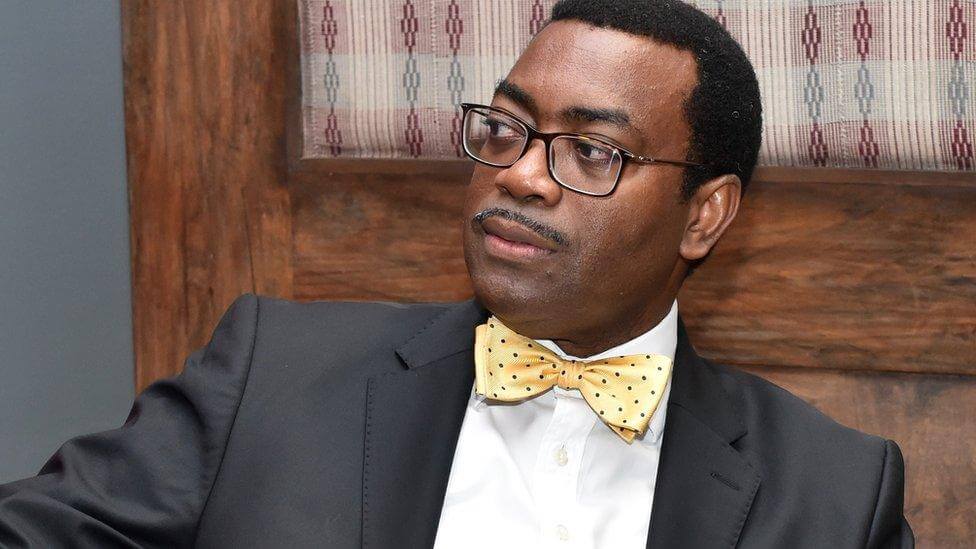They are targeting youth-led ventures in fintech, fashion, film, software, and e-commerce.
Adesina emphasised, “Nigeria must turn job seekers into job creators.
” Indeed, while 15 million Africans enter the workforce annually, only 3 million secure jobs.
Meanwhile, Nigeria continues to lead Africa’s startup scene.
In 2024, despite a decline in venture capital activity, Nigerian startups captured 16% of the continent’s $3.6 billion deals.
Still, many entrepreneurs struggle to access funding, develop skills, and navigate regulation.
To close this gap, I-DICE will fund incubators, offer technical support, and equip young people with digital skills.
This initiative aligns with the AfDB’s broader Skills for Employability plan, which has already channelled $682 million into skills development and plans to commit another $809 million by 2025.
Looking ahead, Africa’s digital economy could contribute $180 billion to GDP by 2025 and $712 billion by 2050.
By prioritising youth and innovation, Adesina believes Nigeria can lead this transformation—and shift from oil dependence to a thriving, knowledge-based economy.











